Things ER Doctors Wish You Would Stop Doing Immediately
Emergency physicians spend their days treating the fallout from risks people didn’t think would catch up to them. ER doctors see patterns, often involving people who never thought they’d end up in the hospital. These rooms are filled with freaky accidents that are completely avoidable. A simple change in habit or a little more caution can fix things before they take a wrong turn.
So if you’d rather avoid IVs, stitches, or neck braces, here’s what the professionals wish more people knew and stopped doing.
Skipping Helmets and Seatbelts

Credit: iStockphoto
Protective gear only works if you use it. ER doctors repeatedly treat head trauma and severe crash injuries that could’ve been prevented with helmets or seatbelts. Skipping protection turns minor incidents into life-altering events, especially for children watching and imitating adult behavior.
Taking or Stopping Medications and Supplements Without Guidance

Credit: iStockphoto
That “natural” supplement or cold-turkey decision to quit meds doesn’t always stay harmless. ER doctors treat liver damage, erratic heart rates, and dangerous drug interactions that start with unsupervised choices. Always loop in your doctor before changing what you take or how you take it.
Driving Distracted or Impaired

Credit: iStockphoto
The moment you look down to check that text is often the moment everything changes. ER teams know this too well. Brain injuries, broken bones, and even deaths—many traced back to just one second of distraction or a decision to drive impaired. Phones can wait, and so can that last drink. But your life won’t.
Letting Kids Near Water Without Direct Supervision

Credit: iStockphoto
Most drownings happen fast and without splashing. ER teams treat toddlers pulled from backyard pools and strong swimmers knocked unconscious by accidents. If a child is in or near water, an adult should always be watching. Seconds count more than you think.
Cutting Food Directly Toward Your Hand

Credit: iStockphoto
One bad slice and you’re headed for stitches or worse. Bagels, avocados, and even fruit are frequent culprits in hand lacerations. Doctors advise never cutting toward your palm and always using a stable, nonskid surface.
Jumping on Trampolines Without Safeguards
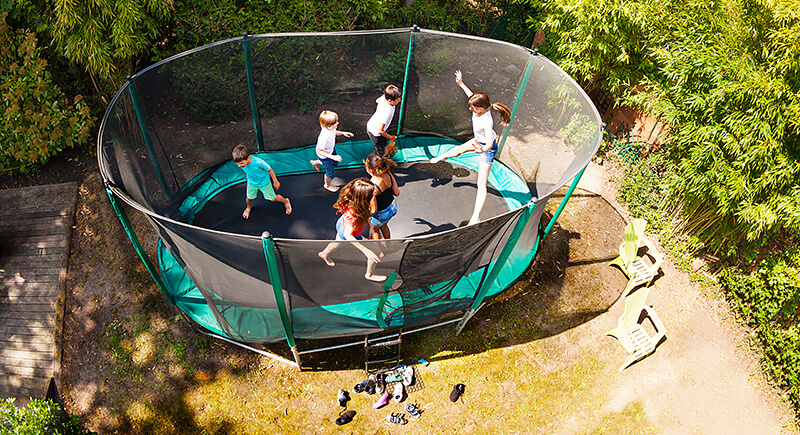
Credit: iStockphoto
Few things send shivers through ER staff like a call about trampoline injuries. Common injuries include broken bones, spinal trauma, and concussions—especially when multiple kids are involved. Flips are risky, but what’s worse is adults joining in. If you must have one, supervise tightly, limit jumpers, and ditch the stunts.
Using Ladders Without Caution

Credit: iStockphoto
Falls from ladders routinely land patients in the ER with fractured ribs, concussions, or worse. The common causes are overreaching, unstable surfaces, or rushing. Experts recommend inspecting ladders before use, wearing proper shoes, and keeping three points of contact at all times.
Petting Unfamiliar Dogs or Animals
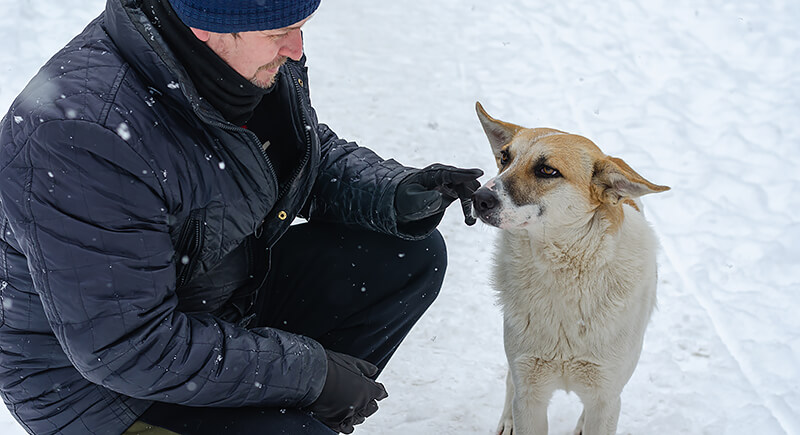
Credit: iStockphoto
That wagging tail might turn into a warning growl. ER physicians regularly treat bite injuries, especially in children who got too close too fast. Even well-behaved pets can snap when startled. Always ask before approaching, and avoid putting your face near any animal you don’t know. The risks aren’t worth it.
Skipping Routine Checkups
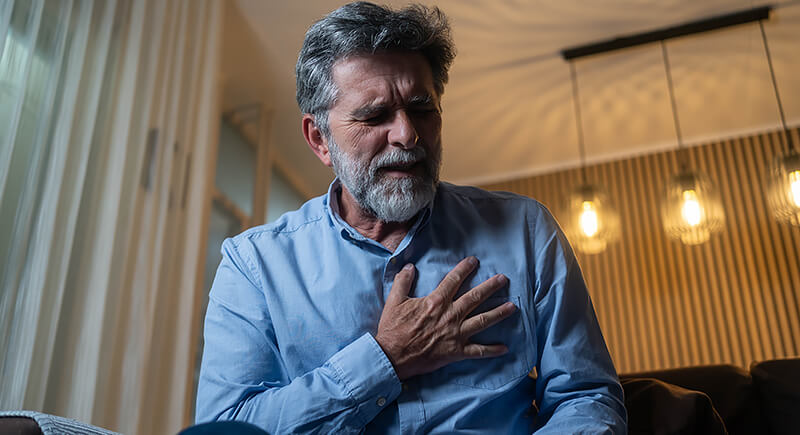
Credit: iStockphoto
Primary care might feel optional when you’re not sick—but emergency doctors disagree. Many ER visits stem from unmanaged conditions that could have been treated earlier. High blood pressure, diabetes, infections, and even cancers often go undetected without regular exams. Prevention costs less than an ambulance ride.
Getting Cosmetic Procedures Without Medical Oversight

Credit: iStockphoto
That discount filler session might come with more than plump lips. ER doctors have treated infections, facial swelling, and permanent damage from procedures performed by unlicensed providers. Always check credentials. A certificate on a wall isn’t the same as medical training.
Misusing Fireworks or Flammable Materials
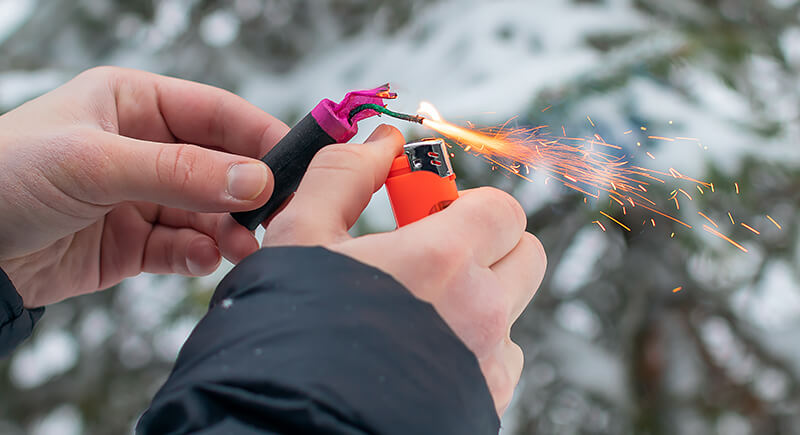
Credit: iStockphoto
It’s always just one second too long. That’s how people lose fingers, get severe burns, or cause house fires. Fireworks, gasoline, and makeshift torches are common reasons patients land in the ER with injuries that change lives. If it explodes or ignites, use the right tools or skip it altogether.
Diving or Jumping Into Unknown Water

Credit: iStockphoto
ER staff immobilize and assess spinal damage in patients who didn’t check before diving. Shallow lakes and hidden rocks have instantly paralyzed swimmers. Always enter unfamiliar water feet first. No thrill is worth a broken neck or a lifetime of limited mobility.
Using Lawn Water Slides as an Adult

Credit: iStockphoto
Backyard slip-and-slides weren’t designed with adult bodies in mind. Heavier weight means harder landings and more force when something goes wrong. ER doctors have reported neck injuries, concussions, and spinal damage from adults joining the kids. If you’re determined to try it, double-check the setup first. Or find a less painful way to cool off.
Smoking or Vaping

Credit: Getty Images
There’s no safe version when it comes to smoking. Tobacco use is behind millions of ER visits tied to heart disease, stroke, and chronic lung conditions. Vaping and smokeless tobacco carry their own risks and may deliver even higher nicotine levels. Doctors say the damage is real, and quitting will always be worth it.
Skipping CPR Training
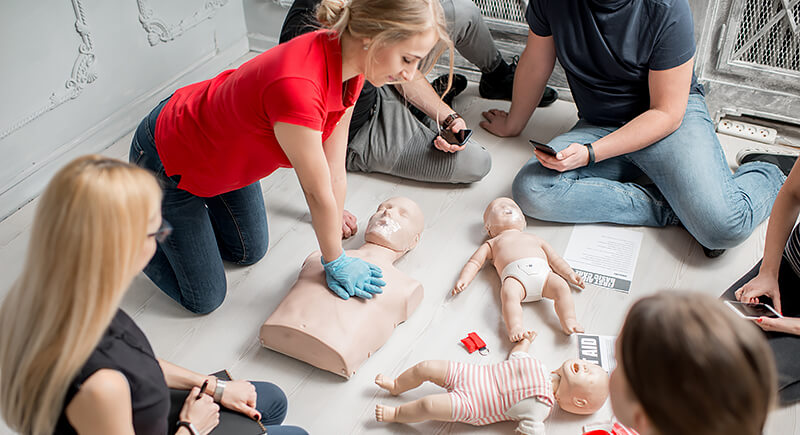
Credit: iStockphoto
When someone collapses, knowing CPR matters more than calling 911. Bystanders who step in can mean the difference between survival and tragedy. ER doctors often wonder: what if someone nearby had known what to do? Getting certified takes a few hours and can literally save lives. It’s one class worth taking.